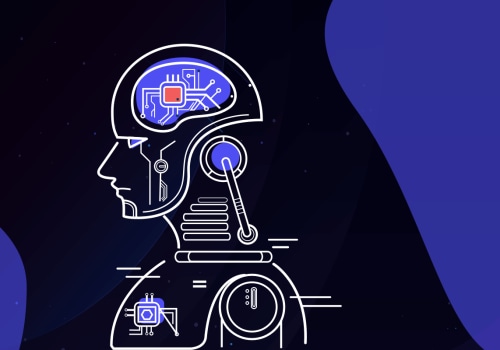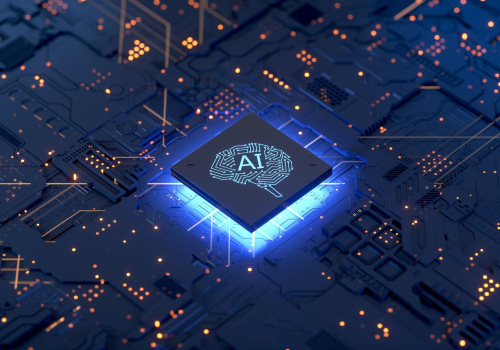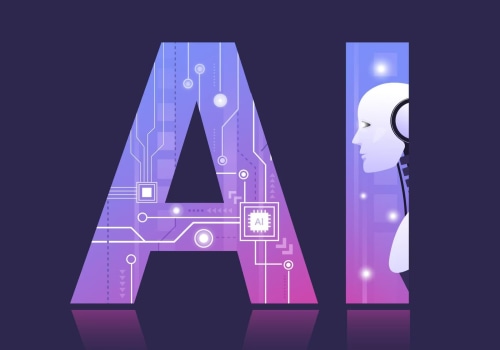Advances in AI have opened up a world of possibilities for businesses, particularly in the area of customer service. From chatbots to machine learning and interactive voice response systems, AI is transforming the way customers and customer service agents interact. In this article, we'll explore 10 examples of how AI is being used in customer service and how it can help streamline agent workflows and improve customer experiences. One of the most common applications of AI in customer service is chatbots.
Companies are already using chatbots to manage routine questions such as delivery dates, the balance due, the status of orders, or anything else derived from internal systems. By turning these FAQs into a chatbot, the customer service team can help more people and create a better overall experience, while reducing the company's operating costs. Machine learning is also key to processing and analyzing large flows of data and determining what actionable information there is. In customer service, machine learning can help agents use predictive analytics to identify common questions and answers.
Technology can even detect things that an agent may have overlooked in communication. In addition, machine learning can be used to help chatbots and other AI tools adapt to a given situation based on previous results and, ultimately, help customers solve problems through self-service. The COVID-19 pandemic has also forced many employees to work remotely, leading many training teams to use AI to create simulations to assess employees' ability to handle various situations. Previously, training consisted of a combination of classroom training, self-paced learning and a final evaluation, a routine that is much more difficult to implement in remote or hybrid offices.
With AI taking on the role of the customer, new agents can test dozens of possible scenarios and practice their responses with their natural counterparts to ensure that they are prepared to solve any problem that a user or customer may have. AI also allows you to set up automated responses to customer requests, that is, instant responses whenever possible. The most complicated issues are sent to the inbox of the appropriate support agent, who can provide solutions and support faster than ever. Artificial intelligence can play an important role in increasing human interactions with customers. Two of the most important ways in which AI increases customer service are through AI-augmented messaging and AI-enabled email tagging. AI-augmented messaging allows customer service agents to manage a large portion of customer inquiries with the help of chatbot assistants.
With AI email tagging, people can save the time needed to read all customer emails by having AI-based programs scan emails, tag them, and direct them to the right office. This would help service representatives save time and focus on more complex tasks that can't be completed without human intervention. One of the most common examples of AI in customer service are chatbots. AI is also often used to do things like predict wait times, synthesize resolution data, and personalize unique experiences for customers. By applying AI, information-intensive domains such as marketing, healthcare, financial services, education and professional services could simultaneously become more valuable and less costly to society. As Jim Walker, project leader at the shared services organization points out: “So far it's not rocket science”.But chatbots are just one approach to AI in customer service; modern AI solutions offer much more.
From customer service agents to the companies that employ them, here's what back-end users can get from AI:To determine where RPA can help in customer service, it's best to ask customer service agents themselves. But even those who are not so keen on making phone calls will appreciate these changes towards using AI in customer service. With several use cases for AI in customer service and many more on the horizon, customer service teams must think more critically, address higher-level issues and take advantage of all the tools available to create an unforgettable customer experience. By processing natural language, AI can be used to analyze what people say about a company and create reports that can be used to improve customer service. It allows organizations to provide ongoing customer service and resolve issues as soon as they arise. Generally speaking, AI in customer care uses both machine learning and interactive voice response systems. AI can be used in customer service to help streamline agent workflows and improve customer experiences through automation.
The industry is growing rapidly and implementation in the area of customer service is following suit. Practical applications for organizations and customer service teams are still in progress but intelligent assistants such as Alexa, Google Assistant and Siri are an interesting way to offer a personalized service. Overall, by leveraging the power of AI in customer service teams can create an unforgettable experience for their customers while streamlining their own workflows.











